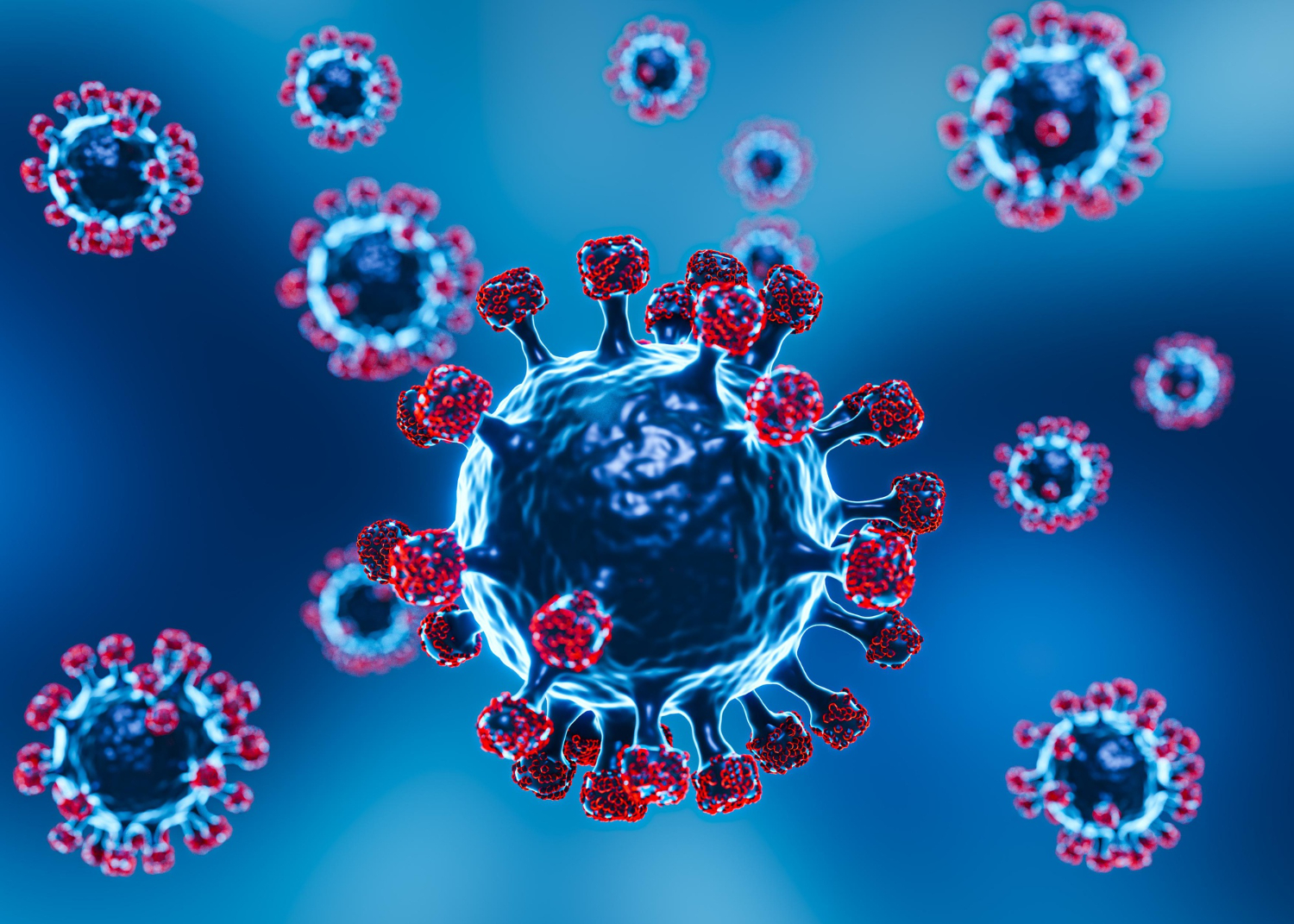A recent study has found that the virus responsible for COVID-19 can infect dopaminergic neurons in the brain, potentially leading to Parkinson’s disease. While only a small percentage of these cells are affected, the consequences could be significant. Scientists are urging for the close monitoring of COVID-19 patients for symptoms related to Parkinson’s disease.
The Link between COVID-19 and Dopaminergic Neurons:
Dopaminergic neurons play a crucial role in producing the chemical messenger dopamine. Parkinson’s disease occurs when these cells deteriorate and die, disrupting dopamine signaling and leading to the development of Parkinson’s symptoms. Research suggests that the SARS-CoV-2 virus, responsible for COVID-19, can infect dopaminergic neurons more readily than other brain cells. Although only a small percentage (about 5%) of exposed dopaminergic neurons are infected, even this fraction could have severe consequences.
Senescence and Parkinson’s Development:
When the virus infects dopaminergic neurons, it triggers a cellular pathway that induces senescence, a state where the cells are unable to divide and grow. Senescence in dopaminergic neurons has been linked to the development of Parkinson’s disease. This unexpected result highlights a potential mechanism through which COVID-19 could contribute to the risk of Parkinson’s.
Implications for COVID-19 “Long Haulers”:
Some COVID-19 patients experience persistent symptoms even after recovering from the acute phase of the illness, a condition commonly known as “long COVID.” Dysfunction of dopaminergic neurons, as observed in this study, could potentially contribute to the neurological symptoms experienced by long haulers. Further research is needed to fully understand the impact.
Identifying Potential Treatments:
Researchers have conducted a screen of FDA-approved medications to identify potential candidates that could prevent SARS-CoV-2 from inducing senescence in dopaminergic neurons. Three promising drugs emerged from the screening: metformin (used for diabetes treatment), imatinib (a cancer drug), and Rilutek (a therapy for amyotrophic lateral sclerosis). While early tests demonstrated their ability to inhibit the virus’s entry into dopaminergic neurons, further studies are required to determine their clinical use in preventing COVID-19-related brain damage.
Monitoring and Future Research:
Given the potential link between COVID-19 and Parkinson’s disease, it is vital to closely monitor COVID-19 patients for any symptoms related to Parkinson’s. This will help identify any increased risk of developing the disease. Future research should focus on understanding the long-term effects of SARS-CoV-2 infection on dopaminergic neurons and exploring potential preventive strategies.
FAQs:
- Can COVID-19 lead to Parkinson’s disease?
While more research is needed, a recent study suggests that the virus responsible for COVID-19 can infect dopaminergic neurons in the brain, potentially increasing the risk of developing Parkinson’s disease. - How are dopaminergic neurons impacted by SARS-CoV-2 infection?
SARS-CoV-2 activates a cellular pathway in dopaminergic neurons that triggers senescence, a state where the cells can no longer divide and grow. This could lead to the dysfunction of these neurons and contribute to the development of Parkinson’s disease. - What are the potential implications for “long COVID” patients?
Dysfunction of dopaminergic neurons, as observed in the study, could potentially contribute to the neurological symptoms experienced by long haulers, highlighting the need for further research and monitoring. - Are there any existing medications that could prevent brain damage related to COVID-19?
A screening of FDA-approved drugs revealed three promising candidates: metformin, imatinib, and Rilutek. These drugs showed potential in inhibiting the virus’s entry into dopaminergic neurons, but further studies are required to determine their effectiveness.
How important is it to monitor COVID-19 patients for Parkinson’s symptoms?
Given the potential link between COVID-19 and Parkinson’s disease, closely monitoring COVID-19 patients for any symptoms related to Parkinson’s is essential. This will help identify any increased risk and allow for appropriate management and intervention.
